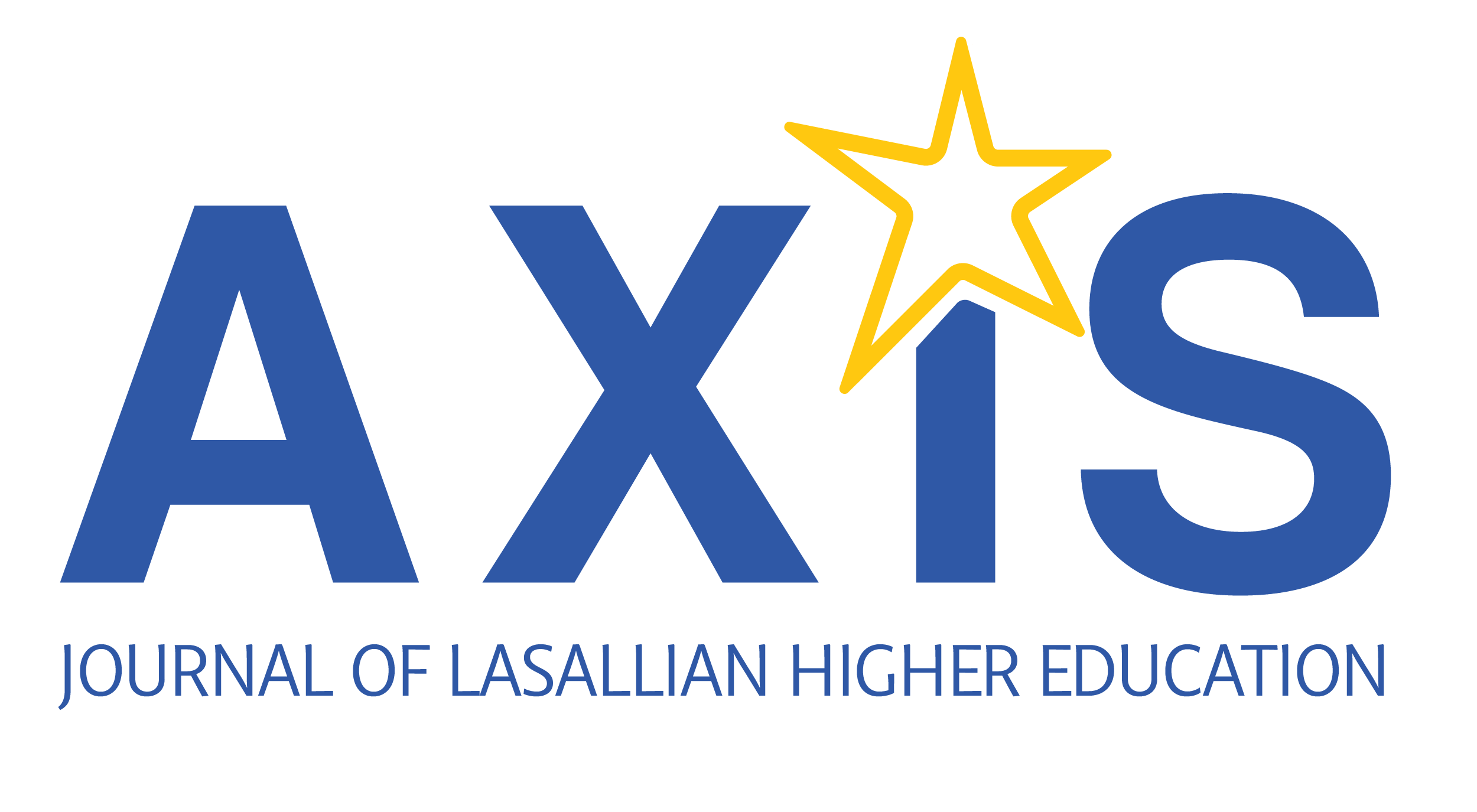Jeff Cherubini, Ph.D., and Christie González-Toro, Ph.D.
Abstract
Newly established community gardens have the benefit of addressing current health inequalities and fostering positive multi-cultural and multi-generational relationships. The purpose of this study was to qualitatively identify the perceived public health benefits of community garden participation from the perspective of the participants themselves. Following a qualitative design, local residents with direct personal contact with the garden space were interviewed. Categories of health benefits include: (a) physical health behavior, (b) mental health, (c) social health, (d) environmental health, and (e) children’s health. Bridging research to applied work, we hope the data from this study serves a supportive role in the development of new Lasallian initiatives that use community gardens, and the enhancement of green spaces, to help enhance the health of our local communities.
Full Text
Growing More Than Plants in the Reverend Henry Rivera Community Garden
Keywords
community gardening, public health, social connectivity, community engagement, multi-cultural
About the Authors
Jeff Cherubini is a Professor of Kinesiology at Manhattan College. His area of expertise within kinesiology is the psychosocial aspects of physical activity, exercise, and sport. Other interests include physical activity and sport as a means to improve and sustain local/global health, economies, and the environment.
Christie González-Toro is an Assistant Professor of Physical Education in the Department of Kinesiology at Manhattan College. Her research involves the relationship between the members of the student teaching triad, e-cigarette prevention curriculum, and community gardens as a central public health role.

